Your ancestors didn’t need much to survive, and their backwoods know-how combined with a good piece of land was all they needed to have a fulfilling life.
Nowadays, picking the right piece of land for an off-grid retreat is not as easy as back then. If you want to escape the rat race and live off the grid, there are many things to consider before buying the land.
For many preppers, having an off-grid home is the ultimate goal, and knowing the value of available resources on their land is essential. If you have the option to choose where to build your off-grid home or bug-out retreat, you should consider picking your environment to be as rich in resources and as safe as possible.
The “modern man” believes that people who choose to live in isolated or rural areas are nothing but hicks, rednecks, anti-social, or paranoid individuals. For most of them, the concept of living in the “middle of nowhere” is associated with insanity. They fail to understand that people want to break free and live a more fulfilling and safer life. After all, for them, safety and abundance cannot exist somewhere, outside their comfort bubble.
Personally, I believe that being able to subsist longer and more abundantly due to your environment is the best thing that can happen to someone in these uncertain times. Humans have survived because they managed to adapt to the environment and make the best use of it so that everything would work in their favor.
If you want to make the transition to an off-grid life, you might want to consider the following factors before signing the papers for a piece of land.
How to choose a piece of land for a safe retreat
- Before picking out a location, you should establish the distance you would be forced to travel when the brown stuff hits the fan. This is mandatory if you cannot move permanently there or if it takes a long time before making such a transition. Start by drawing an arc on a map with the distance you consider to be appropriate, and after that, you can begin your search.
- Understand that there’s no such thing as free land. Every real estate has an owner, and it may be owned by the government or some private entities. The propriety you will find in private ownership will tend to be urbanized in some form. It can be a cabin in the woods with 20 miles from a paved road. However, property owned by governmental agencies (such as utility district, city, county, or state government) will most likely be rural.
- Make sure the land has permanent running water or a lake nearby. It is preferable to have two water sources. A spring or any other water source is ideal, but you should also be able to dig a well. That being said, you need to make sure that you have the right to dig or drill a new well. Make sure you can acquire (and do so) the water rights for the property. Also, you should consider that drilling a well is not a piece of cake, and the cost will vary based on the soil and geographical conditions.
- Pick a fertile land that has crops or food-bearing trees. An off-grid life means you will have to grow your own food, and the quality of the soil becomes critical for such an endeavor. Many will argue that every soil can be improved and conditioned for various types of crops. However, why start with a disadvantage?
- If you have the chance, pick a lot of land near BLM (Bureau of Land Management) public land or a state park, but chose a somewhat remote location. The reason behind such judgment is pretty simple. All these lands have to be protected, and over-exploitation is not allowed. These lands are not poisoned by pesticides, and there shouldn’t be any major surprises for new homesteaders.
- Living off-grid becomes more difficult in this country, and you need to make sure your land is not located in an area or state that has declared off-grid living illegal. Even more, you will have to research the rules and regulations of the area. This is an important task, and you should take care of it before you start building. Since even harvesting rainwater is now illegal in certain areas, it’s better to know about the rules and regulations and figure out the loopholes you have. This may not matter when SHTF, but until then, you need to have a safety net. You will need permits for almost anything you can think of. Permits are needed for tree removal, for stream alteration, habitat modification, and other actions that may impact your ability to build. You should be aware of all of this, even if later on, it won’t matter, or you chose to ignore them.
- The land for your safe retreat or homestead should have a good amount of sun in the daytime. This is important for your gardening plans, but it will also help you heat the house. It becomes a critical aspect if you plan to build an Earthship.
- Always pick a piece of land situated in an area that has an excellent climate and survivable temperatures. To figure out if that’s the case, you should research the UV indexes and “hardiness zones” for the area you pick. Since fuel or electricity will be in short supply when living off the grid, it will help you face harsh winters easier if you can’t assure proper heating through conventional means.
- Think about getting a secluded piece of land. Some people will not live anywhere within two gas tanks of a town. However, I believe that a safe retreat should be hard enough to find on a map. Traversing it in a ground vehicle should be a challenge. This, of course, if you want to avoid the social element and if you can make it on your own, without exterior help.
- How about medical facilities? Since your health is the most prized possession when living off the grid, you must make sure you can take care of yourself and access professional medical aid without difficulties. Ideally, you should have someone in your family or group that can take care of everyone else. However, since that may be difficult to achieve, make sure there’s a hospital or doctor that can be reached within an hour drive.
- Having a small or large store relatively nearby brings a great advantage. In the U.S., even the small towns often have large chain grocery stores or stores like Wal-Mart. If something happens, these stores will not get looted as fast as the ones from large cities. In addition, you have a great chance of buying items at lower/reasonable prices or benefit from sales to stockpile items you need. Such “isolated” stores will often offer discounts to sell their merchandise. If there’s no such store in your area, there should at least be mail handling within a reasonable distance for packages. This will help you purchase items by mail or over the Internet.
- Climate is an important factor and seeing how it has been changing lately, you need to make a smart decision. The location you pick should not be prone to natural disasters or droughts. If the SHTF, you want Mother Nature to be on your side and not your enemy. Make sure you won’t have to worry about tornadoes, droughts, and wildfires.
- Check the emergency evacuation routes in your area. The last thing you want is to purchase land that is listed as an evacuation route. You will have to deal with a large mass of people running from a disaster. Imagine them stumbling on a perfect location, packed with everything that can sustain long-term survival. You could defend your bug out the location from a few unfriendly roamers. However, having to hold down your fort against a horde of desperate people is something entirely different.
- Check the local flora and fauna. Figure out what wild animals are located on your land and how you can benefit from their presence or how they can foil your homesteading plans. This will give you a good idea of what game you can get. It will also tell you what precautions you need to take for your home and garden. The same goes for the flora, and while Mother Nature can reward you with various plants that are edible and/or medicinal, every once in a while, it will throw you a curveball. There are certain poisonous plants that can incapacitate you for a long period of time or even worse. If you have kids, this becomes a more serious problem since the young ones love to explore their surroundings and are unaware of the dangerous plants located on your land.
- Food is a constant problem. This is a major concern for anyone living off the grid, no matter how well they mastered this lifestyle. You, as a beginner, will have to take care of the land. Farming will be your main option at first, and to have an easier start, make sure you can access an agricultural and farming assistance program. Preferably, one which offers tax breaks and financial incentives. The “trick” here is that you will be required to substantially farm the land in order to achieve any meaningful tax break or development grant. Make sure you check your state’s farmer assistance program to find out how to obtain financial resources and other benefits.
- It’s all in the way you search for it. For all of us, the journey starts with an online search, and it will produce hundreds, if not thousands, of available results. Some people will go for publically known properties, while others will go for federal property sales or government auctions. I suggest checking the govsales.gov website for deals. Maybe you can find something interesting in your area. It may not be a missile silo that you can turn into a state of the art bunker, but maybe you can find something that’s suited for your budget and needs. I believe that a lease of private or government land is the cheapest, quickest, and easiest way of obtaining the use of a piece of land as long as you follow their rules.
- Consider the mineral rights before buying the land. While most people will buy the water rights, it cannot be said the same about mineral rights. In most cases, the mineral or hydrocarbon rights of most of the rural properties have been acquired from previous owners by large oil or mining companies. For you, this may lead to some trouble since those companies can come on your property to repair any existing buried facilities located on your land.
Concluding
For some people, marking all of the above will be impossible, but they should cover as much as possible. Picking a proper piece of land may ultimately depend on the knowledge and skills you have. If you are familiar with living off the land, you will not care much about acquiring food supplies from nearby stores. If you have no clue how to hunt, chances are you won’t care much about the fauna and if the game is available or not in our area.
Always evaluate the options for picking the piece of land suited for your needs. All the above are a good start but are not all mandatory to make it work.


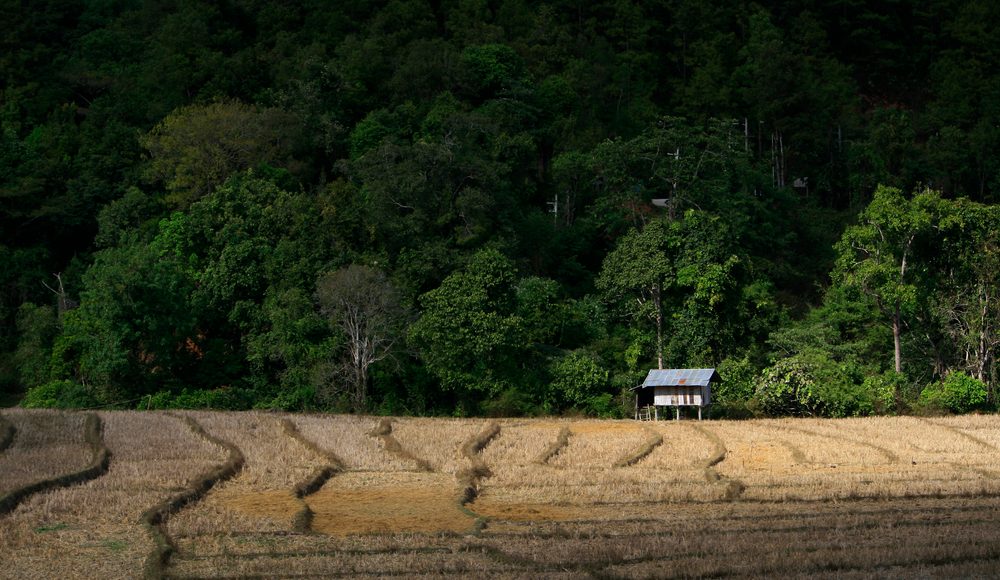

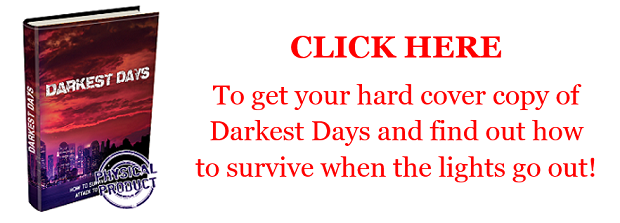
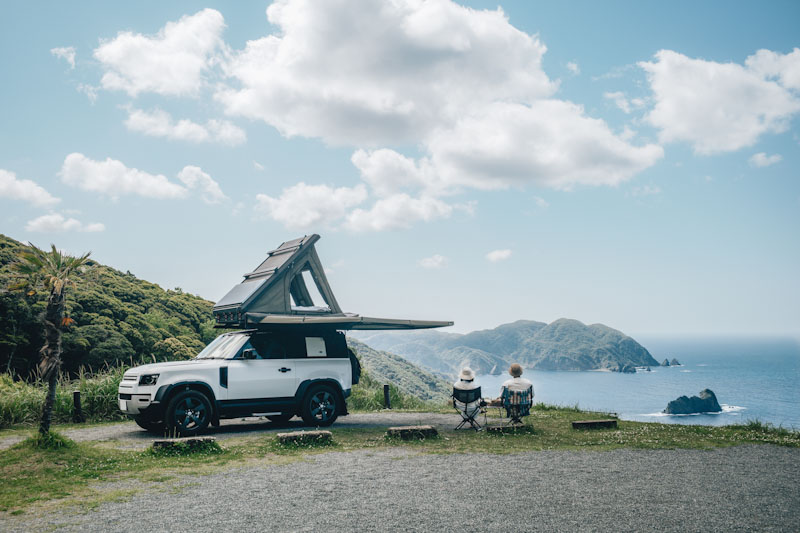
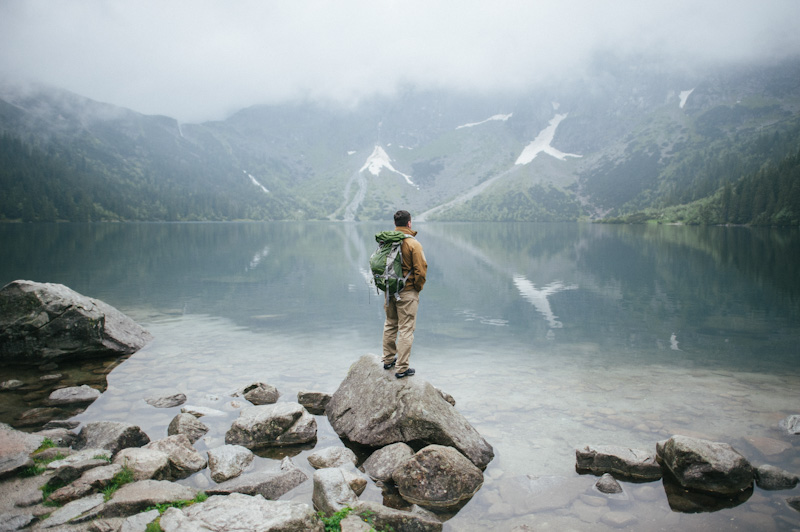
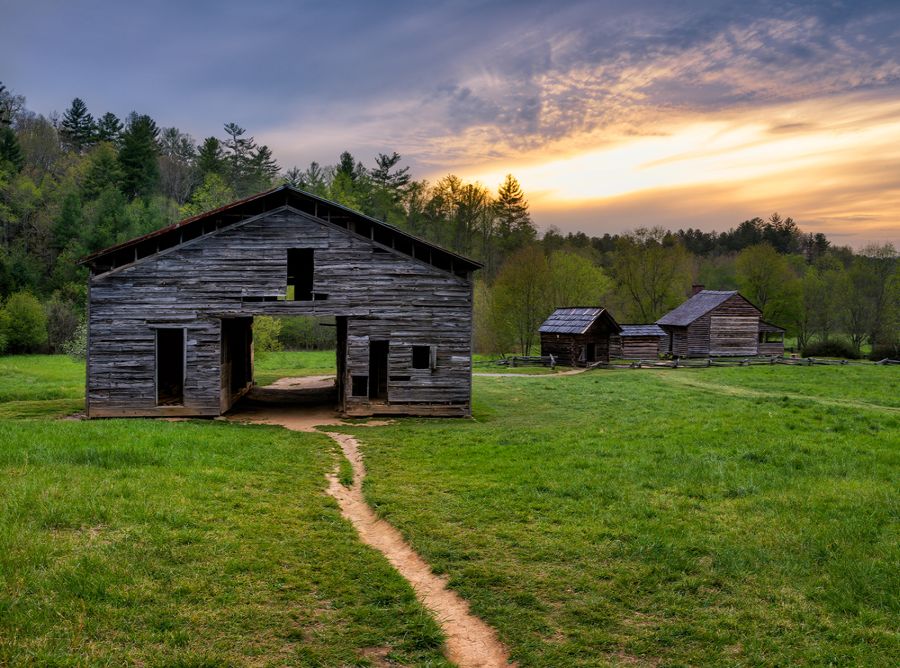
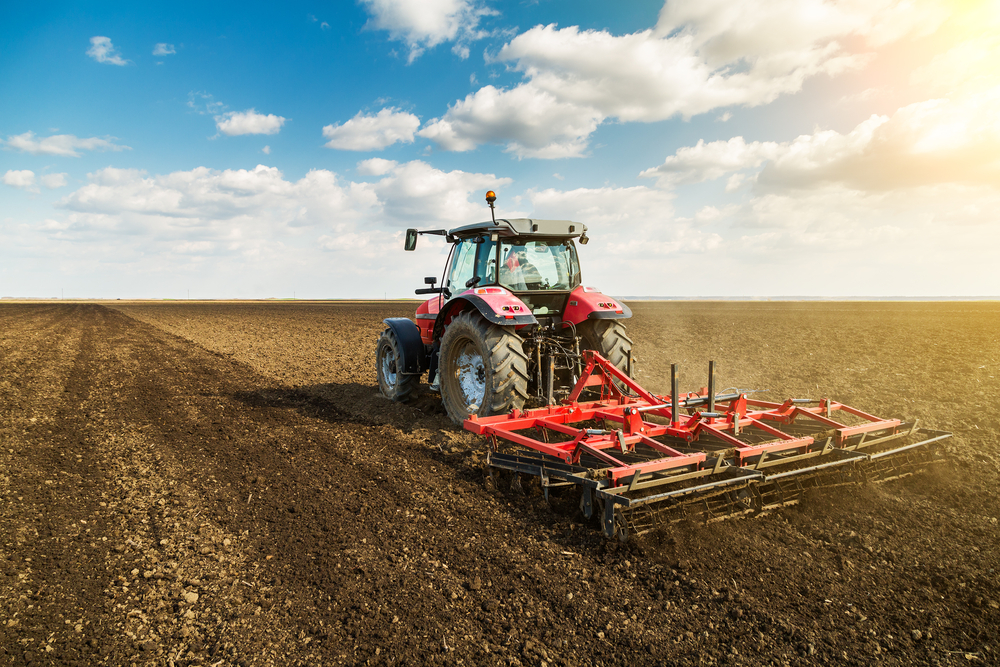

Kevin | October 22, 2020
|
Some years back, I bought some land in a western state so I could have some privacy. I haven’t moved there yet, but, it looks like I’d better “get on the ball” and get there before the Communists go completely insane, and destroy America. Once I am there, I won’t have too many worries. Not many unprepared people will be roaming the desert, and what few try it, I’ll be able to see them coming before they figure out where I am. The desert is no place for the inexperienced or unprepared.
Putting in a water well will be a challenge, but once that is conquered, the rest will be no problem.
Bill In Idaho | October 23, 2020
|
Kevin, if you are referring to the Owyhee Desert in SW Idaho, Good for You. You will discover that there is quite a bit of sub-terrainian water sources scattered about. Lots of wildlife – AND lots of BLM leased land grazing critters, too. Best of luck to you.
JohnnyRoger | October 23, 2020
|
Like the heat of a desert can deter people from roaming on foot, the same can be said for a brutally cold climate–as long as you have the means for supplying your shelter with heat. If living in a forested area where firewood is readily available, however, it will best best to have enough distance from those trees to create a fire barrier–which would also create a space and make the shelter easier to defend from invaders. I am of the opinion that it is possible to defend a shelter from a forest fire if the proper precautions and preparations are taken, and I believe life would be more worth living living in a forested area rather than a desert moonscape. I do agree that the desert might be safer in the worst case scenarios, but I just don’t like the thought of waking up every morning thinking I’m on a flat and dreary distant planet.
Robinson | October 30, 2020
|
Do a perc test before you buy. The land. I bought in as doesn’t have enough dirt to put in a typical septic tank. Live and learn.
SkiptheBS | November 5, 2020
|
Beware of land in East Tennessee owned by an Ocala company. It is cheap but mostly vertical, doesn’t have enough topsoil OR subsoil to grow a cocklebur or to pass a perc test. It is sold on a land contract and includes no water rights, timber rights, or mineral rights. It is tragic how many poor people bought these lots to park a mobile home. The area is now the county’s highest crime area, full of meth cooks and fugitives.